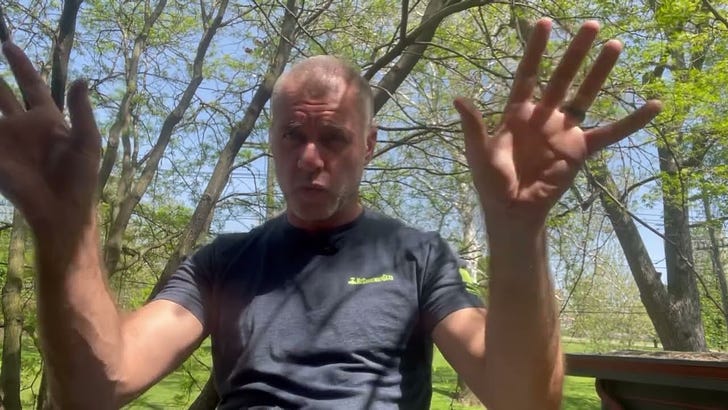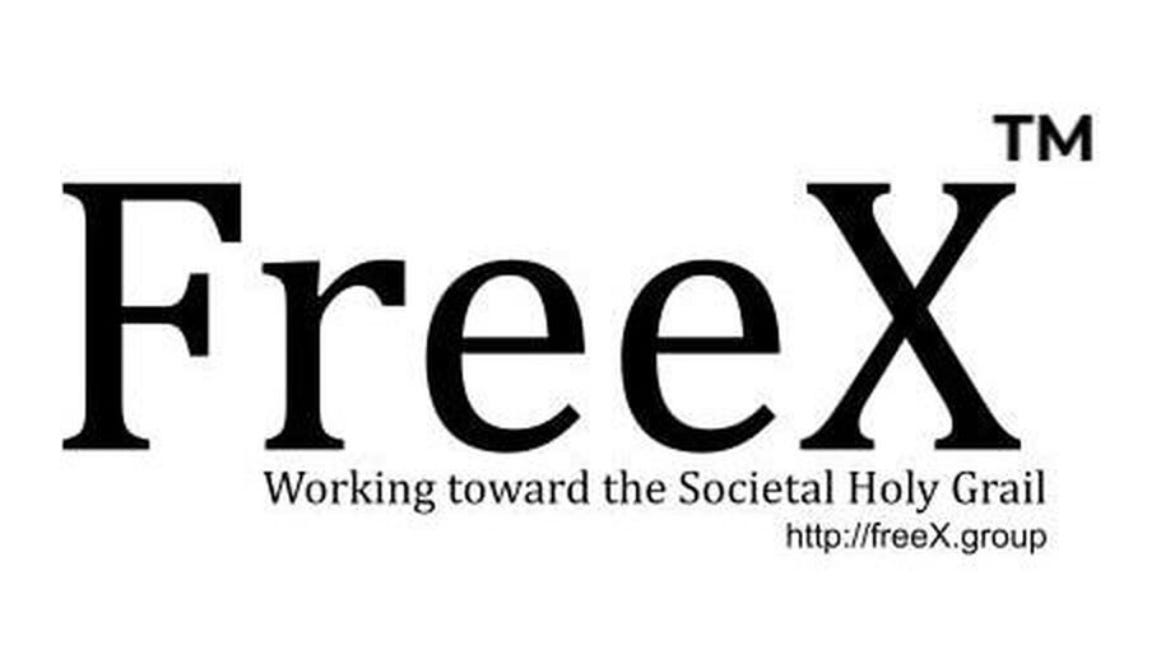Free expression — and reputation — is the life blood of society
At VINO OPTICS we study how to augment perception of our life blood. At FreeX we study society’s life blood. And this is more than just a casual analogy.
It occurred to me that there are some interesting similarities between cardiovascular networks and social networks.
Now, the cardiovascular network is centrally controlled (or at least partly), whereas social networks (when functioning as intended, without censorship) are decentralized. So, they don’t share THAT.
But…
(1) Both networks distribute energy. Cardiovascular networks distribute oxygenated blood (as well as nutrients from food). Social networks distribute reputation (which is formally an energy).
(2) For both networks, nodes with more energy are stronger. Cells that are more oxygenated can do more work. People with higher reputation can wield greater forces to move wills.
(3) Both networks function well only when circulation is good. Strokes, myocardial infarctions, and clogged passages all hurt the body as a whole. Censorship — and anything that hinders free expression and the flow of reputation, including any hindrance to one’s ability to emotionally express! — hinders the social network’s ability to move toward the truth.
(4) Just as oxygenated blood — and the redness from it — cannot be faked, reputation also cannot be faked. Unlike money, which one can be given (and only a change on the ledger is needed to make it so), reputation must be “injected” in, and that can only happen via interactions and arguments and negotiations one wins.
(5) Both distribute their energy via hierarchical tree-like systems. For cardiovascular networks this is well known. And, for large social networks, we at FreeX are working on understanding how social networks self-organize into hierarchical networks (and hierarchical narratives). More coming…
++
I later did a Science Moment on this, below…





a thought on (4)
I feel that respect can be held by proxy: using myself as an example, when someone I respect holds a high opinion of someone else that is unknown to me, the second person gets a higher default trust value (until I've built my own evaluation of them) by association with the first person whose judgment I tend to hold in regard.
but that's not exactly reputation, so maybe it doesn't apply as much as I was thinking.